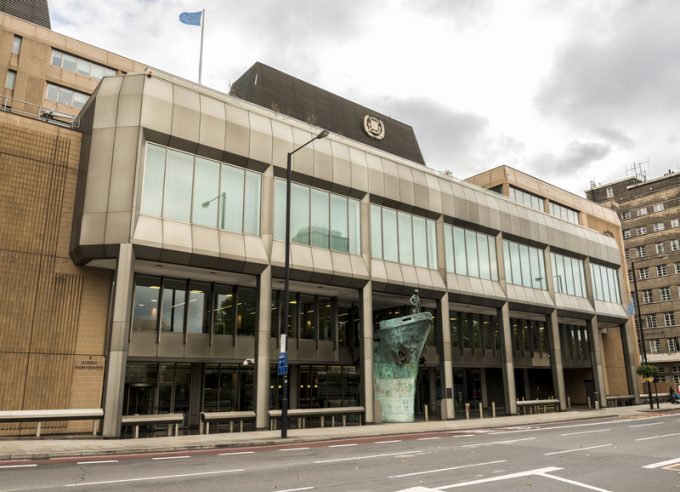COP29: UK PM announces 'determined commitment' to steep emissions cuts
Arriving at COP29 this week, UK prime minister Keir Starmer has unveiled a ‘nationally determined ...

If ever the International Maritime Organization (IMO) needed regional regulation, it was at yesterday’s Marine Environment Protection Committee (MEPC) meeting.
The industry seemed to be making light of the climate crisis and metaphorically rowed back on emissions targets.
Rich pickings were served to those who argue that ...

Comment on this article